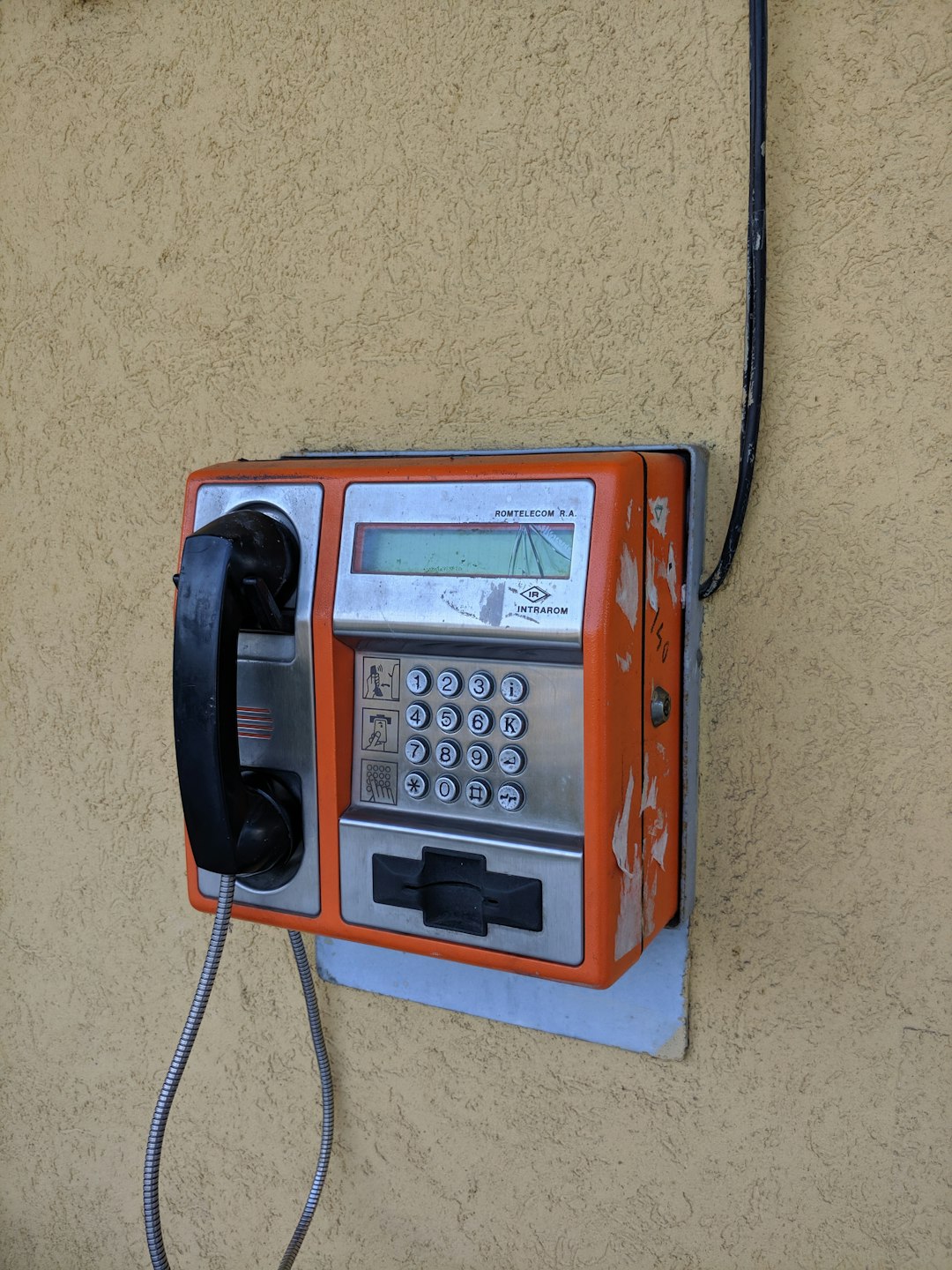In Arizona, strict TCPA guidelines and state laws govern automated calls, requiring explicit consent from residents. Robocall lawyers specialize in navigating these regulations, helping clients mitigate unwanted calls and ensuring compliance to avoid fines. They offer tailored strategies for legal action or settlement, protecting consumers and businesses alike. To set up a robocall system, choose a reliable service, integrate your database, craft scripts, and test thoroughly. Follow best practices like obtaining consent, targeted calling, personalization, and monitoring data for effective campaigns while adhering to Arizona's unique legalities.
In the modern era of digital communication, robocalls have become a ubiquitous yet controversial tool for businesses and political campaigns. For those operating in Arizona, understanding the state’s specific regulations on automated phone calls is essential. This article guides you through the process of setting up robocall apps, highlighting crucial legal considerations and best practices to ensure compliance with robocall laws in Arizona, while also explaining the benefits of hiring a specialized robocall lawyer for a seamless experience.
Understanding Robocall Laws in Arizona

In Arizona, just like many other states, there are strict regulations in place to protect residents from unsolicited automated phone calls, commonly known as robocalls. The Telephone Consumer Protection Act (TCPA) is a federal law that governs these practices, and it’s complemented by state-level laws in Arizona. Understanding these rules is crucial when setting up robocall apps or services in this jurisdiction. One key aspect to note is the requirement for explicit consent from callers before making automated calls to Arizona residents. This means robust opt-out mechanisms must be in place, allowing recipients to stop receiving such calls easily.
Robocall lawyers in Arizona can offer valuable insights into navigating these legal requirements. They can help ensure that your robocall campaigns comply with both federal and state regulations, avoiding potential fines and legal issues. It’s essential to consult experts who specialize in this field to understand the nuances of Arizona’s laws, which may differ from other states, ensuring your business practices remain lawful and ethical.
Why Choose a Robocall Lawyer in Arizona?

In today’s digital age, robocalls have become a ubiquitous part of our daily lives, often with negative implications. For individuals and businesses facing an influx of unwanted automated calls, seeking legal recourse is essential. This is where Robocall Lawyers Arizona step in as specialized legal professionals who understand the nuances of telecommunications law and consumer rights.
Choosing a robocall lawyer in Arizona offers several advantages. These attorneys are equipped to navigate complex regulations surrounding telemarketing practices, ensuring that businesses adhere to legal boundaries while protecting consumers from nuisance calls. Their expertise enables them to help clients craft effective strategies to mitigate robocalls, whether through legal actions or negotiating settlements. With their knowledge of local laws and court precedents, these lawyers can provide tailored guidance, making them invaluable assets in resolving robocall-related issues effectively.
The Setup Process: Step-by-Step Guide

Setting up a robocall app for your law firm in Arizona is a straightforward process that can significantly enhance client outreach and engagement. Here’s a step-by-step guide to get you started with robocalls in Arizona:
1. Choose a Reliable Robocall Service: Research and select a reputable robocall service provider that offers robust features tailored for legal practices, ensuring compliance with Arizona’s telemarketing laws. Look for platforms that allow pre-recorded messages, customizable scripts, and the ability to segment your contact lists based on client demographics or case types.
2. Integrate Your Contact Database: Upload your existing client database or import new contacts directly into your robocall app. Ensure all data is accurate and up-to-date for effective targeting. Verify that you have permission to call these numbers, adhering to Arizona’s “Do Not Call” registry regulations.
3. Craft Engaging Scripts: Develop clear and concise scripts for your automated calls, ensuring they comply with legal and ethical standards. Tailor messages to specific client needs, such as case updates, appointment reminders, or promotional offers for new legal services.
4. Customize Calling Preferences: Set calling hours and days that align with Arizona’s regulations and your firm’s operational schedule. You can also program call frequency and implement opt-out options to respect consumer preferences.
5. Test and Optimize: Before deploying the campaign, thoroughly test your robocall system to identify and fix any technical glitches or errors. Monitor call analytics to assess performance, gauge engagement rates, and refine scripts or strategies accordingly.
Best Practices for Effective Robocall Campaigns

When setting up robocall campaigns for robocall lawyers in Arizona, it’s essential to adhere to best practices to ensure effectiveness and compliance with local regulations. First, always obtain explicit consent from potential clients before initiating automated calls. This not only respects privacy but also increases the likelihood of a positive response. Targeted calling is another crucial practice; focus on specific demographics or areas relevant to your legal services in Arizona to maximize engagement.
Personalization adds value to robocalls. Tailor messages to address local issues or concerns prevalent among Arizona residents. Additionally, schedule calls at optimal times when recipients are most likely to answer, avoiding early mornings or late evenings. Regular monitoring and analysis of call data enable adjustments to strategies, ensuring campaigns remain effective and compliant with Arizona’s guidelines for robocall lawyers.






